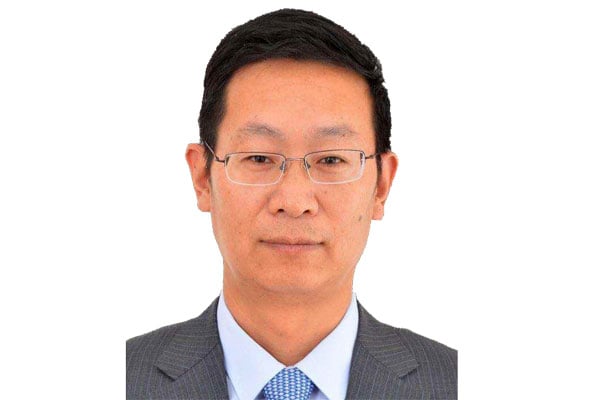Prime
Tasks awaiting the 11th Parliament

What you need to know:
- If this is done, it will help restore the sovereignty and integrity of Parliament and avoid conflict of interest. Conflict of interest arises when an MP serves Parliament and the Executive, this contradicts the principle of Rule of Law and Good Governance.
The restoration of the Rule of Law and ensuring the independence of the three arms of government (separation of powers). This can only be attained by enacting a law that prohibits the President from appointing ministers from Parliament.
If this is done, it will help restore the sovereignty and integrity of Parliament and avoid conflict of interest. Conflict of interest arises when an MP serves Parliament and the Executive, this contradicts the principle of Rule of Law and Good Governance.
Parliament should not be used as a rubber stamp, as one of its cardinal roles is to check the actions of the Executive in form of checks and balances. We have seen Parliament calling several ministers to explain and account for the actions of the Executive arm of government.
A case in point is when ministers of Security Elly Tumwine and of Internal Affairs Jeje Odong were called to explain massacres that took place on November 18 and 19 in Kampala and its neighbourhoods. The State cannot simply act without giving accountability.
The appointment of judges, including the Chief Justice (CJ); the Judicial Service Commission, must be granted full powers to appoint or disappoint judges without the approval of the President.
The status quo ,as far as the appointment of the CJ and judges concerned makes them subordinate to the President, which jeopardises the judicial process, especially when the case is political and the President is seen to have an interest in it.
For instance, in 2006, Dr Kizza Besigye petitioned the Supreme Court seeking nullification of Mr Museveni’s victory. While it was established that there were electoral malpractices and irregularities, the Supreme Court upheld the victory on grounds that though there were irregularities and malpractices in the election, they did not substantially affect the overall results.
The Judiciary was again put to test during the Togikwatako case where Parliament amended Article 103(b), which sought to remove presidential age limit from the Constitution in favour of Mr Museveni. The Judiciary was put on trial and its integrity and credibility tested.
It is incumbent upon Parliament to trim the powers of the President as far as the appointment of commissioners to the Electoral Commission is concerned. The commissioners, including the chairman, should be appointed by an independent body that has no interest in the election results.
The cardinal responsibility of the Electoral Commission is to organise a free, fair and credible elections in Uganda. There is a saying that ‘He who pays the piper calls the tune.”
So how do you expect the Electoral Commission to act fairly when it is the President that appoints its chairperson and other commissioners?
As regards stability, the army should be barred from participating in Uganda’s election. It is the police that are supposed to handle civil matters, including election-related matters.
Paddy Buyondo,
[email protected]




